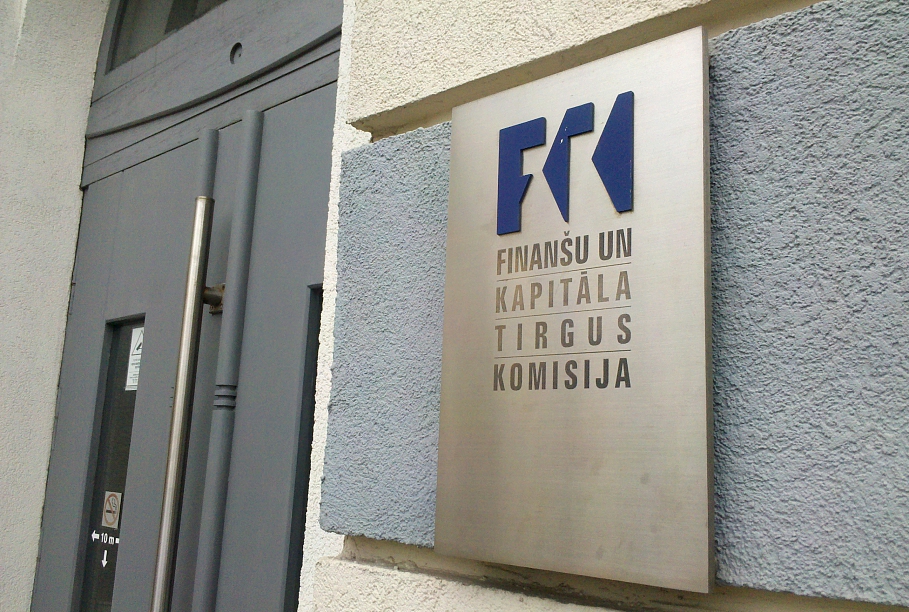The Financial and Capital Market Commission (FKTK) said via social media and a press release that the proportion of deposits held in Latvia that belong to shell companies has decreased from 14.4% of all accounts at the end of February to 9.8% at the end of May.
Pēdējos mēnešos kopumā t.s. čaulas uzņēmumu īpatsvars banku noguldījumos strauji mazinājies līdz 9.8%, aizliegtās čaulas (divas pazīmes) jau vien ap 4% pic.twitter.com/5Fwngl4i3O
— FKTK (@FKTK_lv) June 5, 2018
The decrease comes after a new law banning Latvian banks from doing business with shell companies came into force in late April. Banks were given a 60 day period of grace during which they must remove shell companies from their client lists.
The law was introduced after the non-resident banking sector came under severe criticism from the U.S. Treasury for repeated and large-scale money laundering. A concerted drive is now underway to clean up the sector, as previously reported by LSM.
As part if money-laundering schemes, cash was generally funneled via Latvian banks using Latvian bank accounts but rarely stayed in such accounts for long, the object being to move it into other jurisdictions.
FKTK head Peters Putniņš said: "The self-cleaning process launched in the Latvian banking sector now has become very dynamic. The total decrease in foreign deposits over last two years, declining the funds of suspect origin, has reached minus 58%, and is still going on. We see that the Latvian banks have understood that the changes regarding the customers – shell companies must be carried out rapidly, as this is the matter of the reputation and further development of the sector. There are some banks in Latvia that have already completely ceased business relationship with the companies that fit two features of shell companies. Our experts follow the process and provide advice. As the regulators we see that a continuous change management dialogue is taking place and the desired progress is reached in the sector."
As reported by LSM last week, the U.S. authorities are keeping a close watch on that progress.
In order to ensure the management of changes in Latvia, amendments to the Law on the Prevention of Laundering the Proceeds from Criminal Activity (Money Laundering) and of Terrorist Financing (AML Law) took effect on 9 May 2018 banning the market participants from having business relations with companies bearing at least two features of shell company, namely:
a) connection to the company's actual business operations cannot be proven and the company's activity consists of small or no economic value, and the credit institution has no documentary information proving the contrary;
b) the company neither prepares, nor presents financial reports on their activities to competent supervisory authorities of the state in which it is established.
Sanda Liepiņa, Chairwoman of the Association of Latvian Commercial Banks said: "Such cooperation between the regulator and industry in addressing complex issues is a prerequisite for faster restoration of the international reputation and demonstration of intolerance to illegal actions in daily routine and combatting financial crime. The Association's members will terminate business relationship with shell companies in full. This work has been launched already in 2016 and is aimed at reducing the share of high-risk foreign customers in Latvian banks, now is consistently continued. Assessing the performance of Latvian banking sector in combatting financial crimes, a significant change process has been taking place since 2016 to prevent the use of Latvian bank system for criminal purposes.”
The ban on business relations with the companies bearing at least two shell company features refers to credit institutions, payment institutions, electronic money institutions, investment firms, and also investment management companies.





























